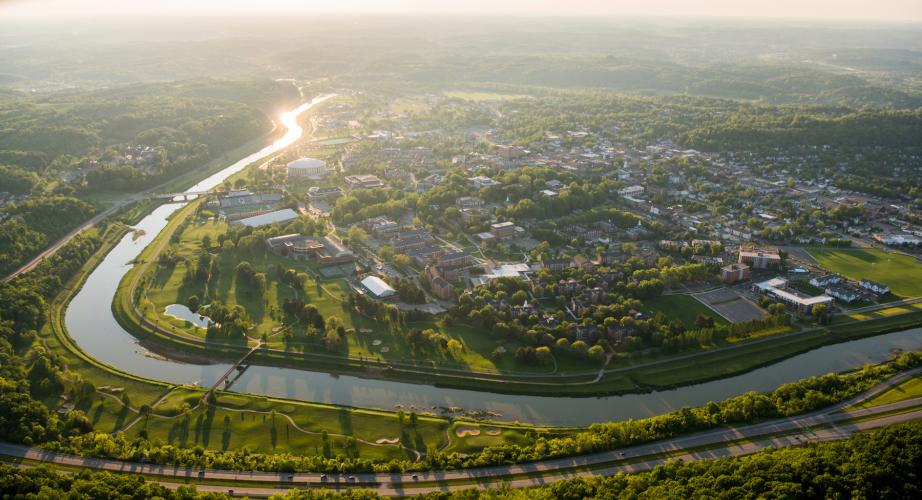

As COVID-19 cases continue to grow in the United States, it is inevitable that hospitals will need to quickly address capacity issues. As such, Ohio University has partnered with county officials and local healthcare providers in the development of emergency plans that will help relieve the anticipated stress on our local health care systems.
“These past few weeks, University leaders have been coordinating with our county partners and leaders from the local hospital systems to determine how we can work together on solutions to this crisis,” said Ohio University President Dr. M. Duane Nellis. “We are committed to continuing to dedicate time and resources toward solutions to help alleviate the impact on our citizens and communities.”
The University is working with local partners to develop contingency plans as we anticipate increased need. The University is also prepared to make space available to local hospitals should the need arise.
“Ohio University has been a strong partner in our emergency response planning efforts during this unprecedented public health crisis,” said Mark Seckinger, President of OhioHealth O'Bleness Hospital. “Now, as we work to keep people out of our hospitals to reduce the risk of spreading COVID-19, and plan for a future surge of patients, it is important to know that we have access to additional space should it be needed. We are grateful for the proactive planning and partnership with Ohio University.”
Having a connection with public health experts is critical to the success of University planning during times of crisis, and we rely upon our connection with public health officials as we coordinate efforts.
“We greatly value our connection with Ohio University,” said Dr. James Gaskell, Health Commissioner and Medical Director with the Athens City-County Health Department. “From providing access to public health nurses to collaboration and planning efforts, the University has been a strong partner in fighting this global pandemic.”
As with the COVID-19 outbreak, when there is threat of an illness that could cause a surge of patients, it is critical that we coordinate a community response.
“While COVID-19 is new, preparing for responses to disasters is not,” said Ohio University Chief Medical Affairs Officer Dr. Ken Johnson. “These emergency preparedness exercises are routine efforts to ensure we are all prepared when called upon to ensure the safety of our communities. I am proud of the strong and swift collaborative efforts that we have undertaken to protect the health and wellbeing of our communities.”
For more information about Ohio University’s COVID-19 response, visit www.ohio.edu/coronavirus .

